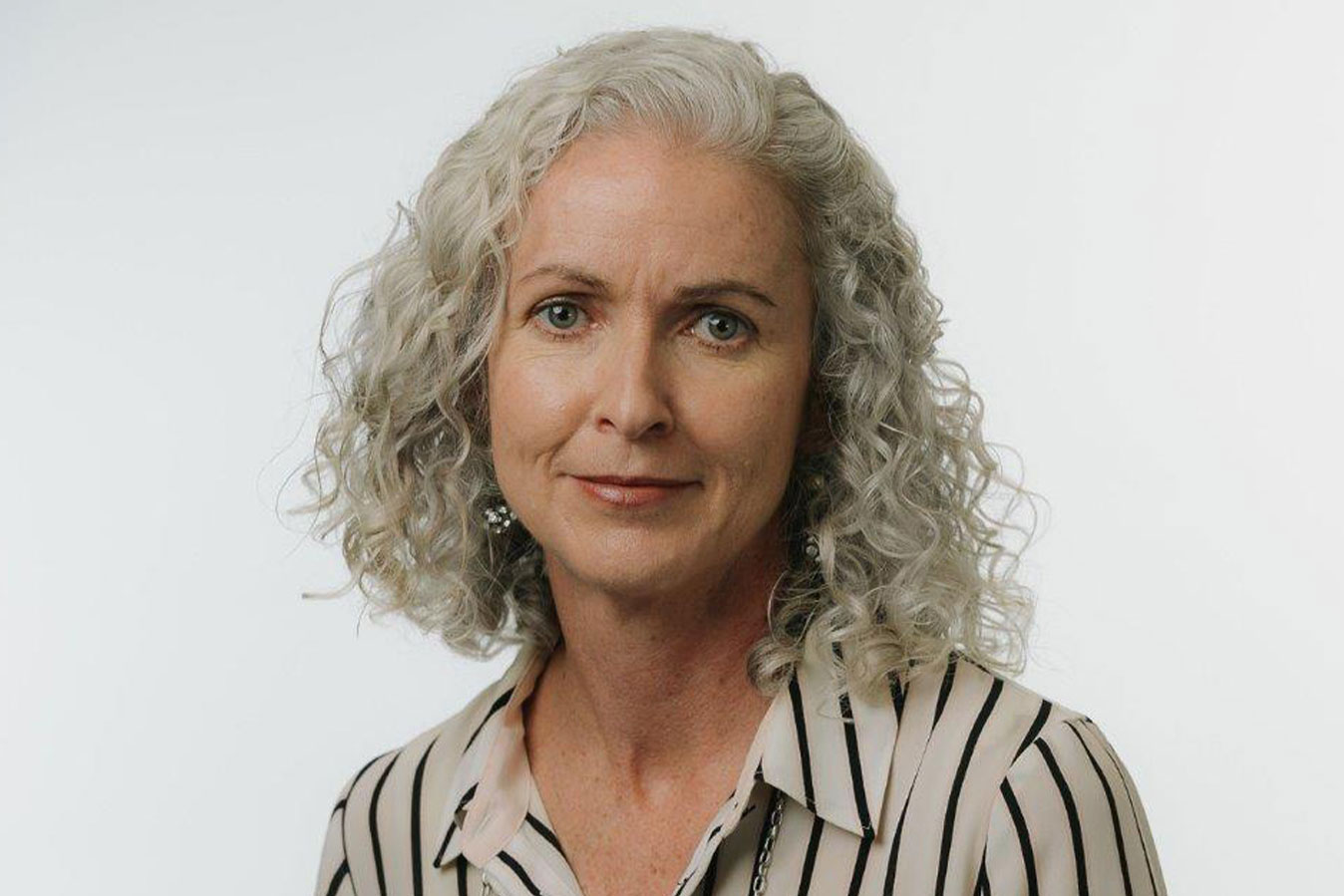A federal court ruling this week confirming that telehealth consultations about voluntary assisted dying remain illegal will lead to further suffering for terminally ill people, advocacy group Go Gentle has argued.
The ruling means nurses and other clinicians who discuss VAD with patients via phone, video, or email, could face criminal charges and a $220,000 fine under the Commonwealth Criminal Code Act 2005, which prohibits the use of a carriage service to send ‘suicide related’ materials.
Go Gentle Australia’s CEO, Dr Linda Swan, said voluntary assisted dying, now legal across all Australian states, being considered suicide would exacerbate suffering and add to confusion, especially in rural, regional and remote areas.









